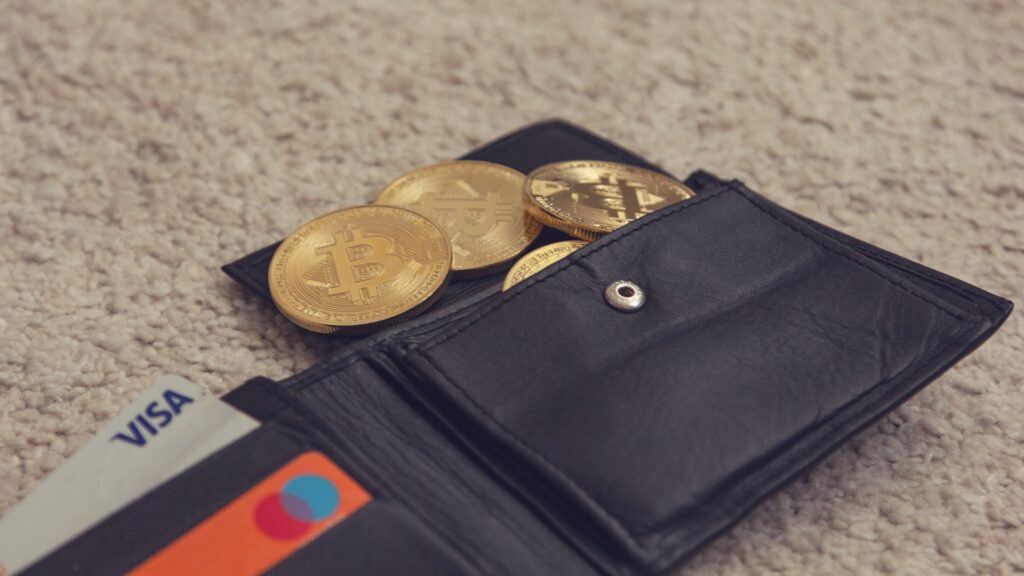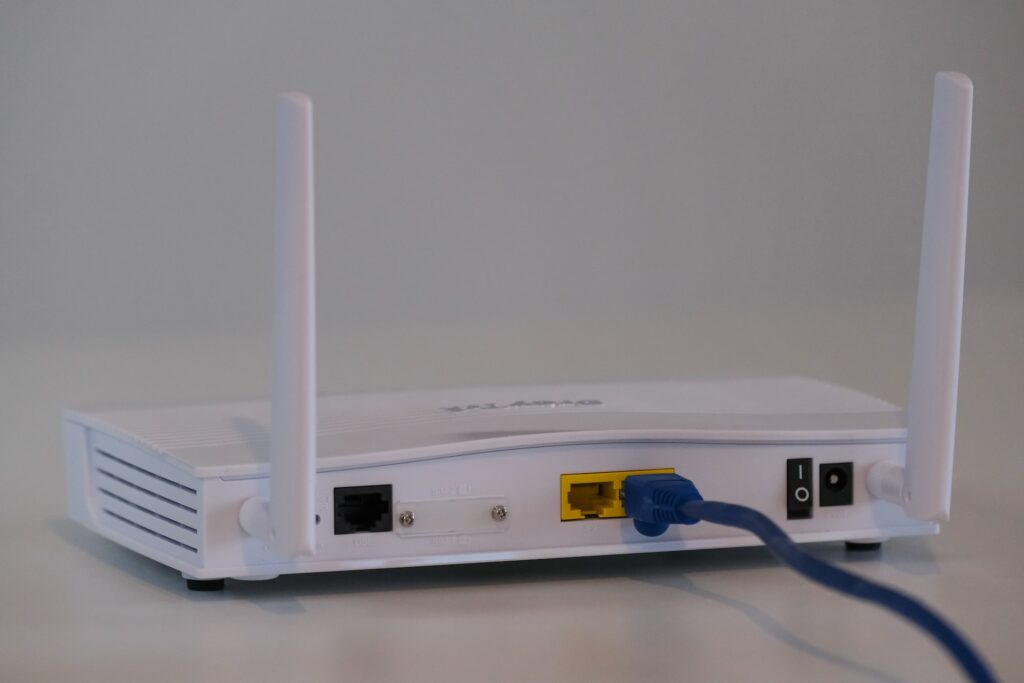Introduction
The significance of protecting your digital assets in a time when cryptocurrencies are on the increase cannot be emphasized. Cryptocurrencies have interesting opportunities but also come with security difficulties. However, crypto wallets are there to help in this digital world. Your hard-earned crypto assets are shielded by these technologies, which serve as virtual fortresses against the constant threat of cyberattacks.
In this comprehensive guide, we’ll explore the world of crypto wallets, their types, how they work, and most importantly, how they can help you safeguard your digital assets. We’ll also provide detailed reviews of some top-notch crypto wallets available on Amazon, ensuring that your journey to secure your crypto holdings is both informed and successful.
Table of Contents

What are Crypto Wallets?
A cryptocurrency wallet is fundamentally a computer program used to send, receive, and store digital currencies. These wallets aren’t physical entities but rather combinations of secure keys and blockchain technology. They are important for handling your cryptocurrency assets.
How Does Crypto Wallet Work?
Crypto wallets operate based on two fundamental keys i.e., the public key and the private key. The public key is the wallet address that allows people to send you cryptocurrencies. The private key, on the other hand, serves as your electronic signature and serves as proof of ownership and access to your money.
Types of Crypto Wallets
Crypto wallets come in various forms, each offering a balance between security and convenience. Let’s explore the primary types:
1. Hardware Wallets
Hardware wallets are tangible objects that physically store your private keys offline, protecting them from online dangers. One exceptional example is the Ledger Nano S. It supports a huge variety of cryptocurrencies and is very user-friendly.
Amazon Link: Ledger Nano S
2. Software Wallets
Software wallets are electronic programs or applications that you install on your PC or smartphone. Exodus Wallet, an alternative, includes a built-in exchange, diverse asset support, and an intuitive user interface.
3. Paper Wallets
Paper wallets involve printing your public and private keys on a physical piece of paper, keeping them entirely offline and secure against digital threats. The Bitaddress.org website allows you to create paper wallets easily.
Choosing the Right Crypto Wallet
Your requirements for security, accessibility, and the kind of cryptocurrency you intend to store will all influence the wallet you choose. Hardware wallets like the Ledger Nano S are ideal for long-term investors concerned about security. Software wallets like Exodus offer the convenience of daily transactions.
Setting Up a Crypto Wallet
To get started with a crypto wallet, you need to follow a few simple steps:
- Choose a Reputable Wallet Provider: Ensure you select a trusted wallet provider to avoid potential scams.
- Download and Install the Wallet Software: Download the wallet software or app from the official source to avoid counterfeit versions.
- Create a Strong, Unique Password: Your wallet’s security begins with a robust password. Make it long, complex, and unique.
- Securely Store Your Recovery Seed: Your recovery seed is a series of words that can be used to restore your wallet in case of loss. Store it in a secure place, ideally offline.
Securing Your Private Keys
Your private key is the digital lifeline to your crypto assets. To keep it safe:
- Never share it with anyone.
- Use secure and reputable wallet providers.
- Consider using a hardware wallet for added protection.
Backup and Recovery
Backing up your wallet and knowing how to recover it is crucial in case of loss or theft. Follow your wallet provider’s backup and recovery procedures diligently.
Best Practices for Crypto Wallet Security
To enhance your wallet’s security:
- Enable two-factor authentication (2FA).
- Keep your wallet software and devices updated.
- Beware of phishing attempts and suspicious links.
- Use strong, unique passwords.
Multi-Signature Wallets
To add an additional degree of protection, multi-signature wallets require multiple private keys to approve a transaction. This can be helpful for businesses or shared accounts.
Offline Storage (Cold Wallets)
Cold wallets, like hardware and paper wallets, are kept entirely offline, making them immune to online threats like hacking and malware.
Mobile Wallets: Convenience vs. Security
Mobile wallets provide the convenience of accessing your crypto on the go, but they can also be vulnerable to mobile-specific threats. Balance your need for accessibility with security precautions.
Crypto Wallets and Regulations
By region, the regulatory environment for cryptocurrency wallets differs. To ensure compliance, be aware of local laws and rules governing cryptoassets.
Common Mistakes to Avoid
Avoid common pitfalls, such as:
- Losing access to your private keys.
- Falling victim to phishing scams.
- Using unsecured public Wi-Fi networks for crypto transactions.
Conclusion
In conclusion, crypto wallets are your digital guardians, ensuring the safety of your digital assets in a rapidly evolving landscape. Whether you’re a seasoned cryptocurrency enthusiast or just beginning your journey, understanding the importance of these tools and implementing best practices can help safeguard your investments in the ever-evolving world of digital currencies.
FAQs
Q1. What is the primary purpose of a crypto wallet?
A crypto wallet’s primary purpose is to store, send, and receive cryptocurrencies securely.
Q2. Are hardware wallets the most secure option?
Hardware wallets are considered one of the most secure options due to their offline storage of private keys.
Q3. What should I do if I lose access to my crypto wallet?
If you lose access to your wallet, follow the backup and recovery procedures provided by your wallet provider.
Q4. Are crypto wallets regulated by governments?
The regulation of crypto wallets varies by region and country. Some areas have specific laws governing crypto assets.
Q5. What is the significance of multi-signature wallets?
Multi-signature wallets require multiple private keys to authorize a transaction, providing enhanced security and control, often used for shared or business accounts.
Explore More: Enhancing Your Cybersecurity Knowledge
If you’re looking to fortify your cybersecurity knowledge beyond crypto wallets, check out these informative articles on our blog:




